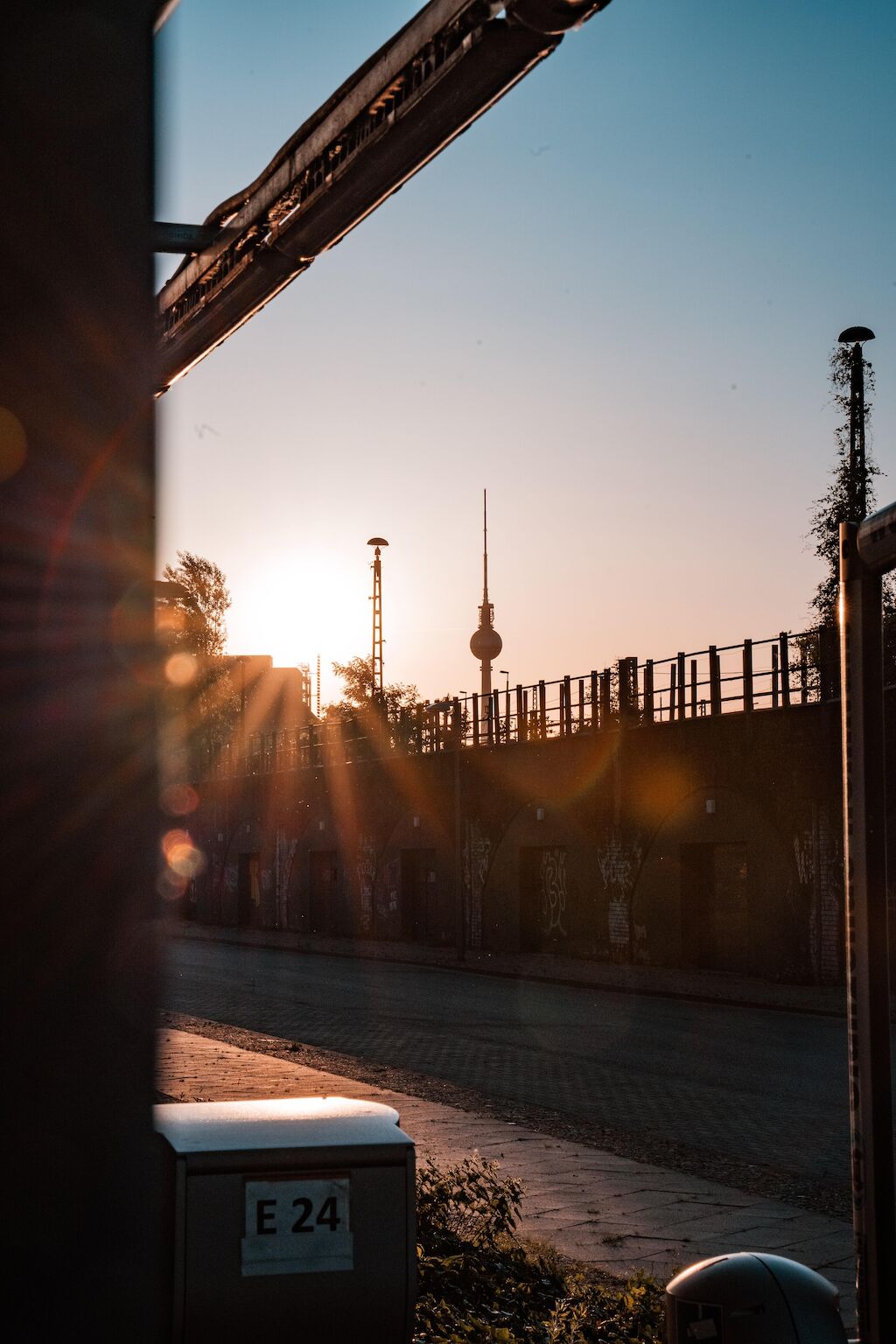Turned out to be a brief glimpse above the clouds. 2020’s record reduction of greenhouse gas emissions are expected to shoot back up in 2021, mainly because the decline was due to temporary behavioral changes rather than structural reform. We need a dramatic course correction to realize that promising future, but a lot of people are understandably thinking swift return-to-normal rather than gradual reform-for-the-better.
In short, we’re not ready to build back better. But what if we started to?
The clarion call to Build Back Better (BBB) has sounded often in the last year, from Biden’s U.S. presidential campaign, to the World Bank to business roundtables. The phrase dates back to the rebuild after the 2004 Indian Ocean tsunami; today BBB can refer to everything from infrastructural reform and renewable energy systems to social welfare and public health. It’s all possible, but hard to implement in the middle of a crisis. Despite the challenges, some influential voices are calling us out.
“Our world was a dangerous and troubled place even before Covid-19 took hold,” said former Unilever CEO Paul Polman in a 2020 interview. “We have the chance to rebuild a fairer, greener society. But to do so, we need courageous business leaders who are willing to act, individually and as a collective.”
Polman’s focused on businesses here, but the same can be said for governments, and to a substantial degree, we the people who vote and can recognize, even in the anxious haze and demoralizing uncertainty, that we’re playing a long game to win long-term prosperity.
So how can we build back better? Recognize where smart reconstruction is possible, where it’s taking shape, and advance it with our support and personal actions.
Here at MetaDesign, we have clients stepping forward with new purpose statements directly related to promoting sustainability. We’re not just working on the statements, but also analyzing how the companies need to change and adapt in order to make the purposes real. We can help make them part of a global coalition of BBB activators.
We can bolster efforts within our own network of agencies to push sustainability to the front lines of decision making. We can directly address the mindset of a growing population grappling with the effects of eco anxiety and make brands part of that conversation. Because if people are de facto “consumers,” perhaps the quality of what we consume can be part of the solution.
While we’re at it, let’s put proper price tags and risk signals on carbon emissions that don’t conform to our critical climate goals to reach net zero by mid century. Faith Birol, the executive director of the International Energy Agency, explained it this way to The Guardian: “Governments must provide clear signals to investors around the world that investing in dirty energy will mean a greater risk of losing money. This unmistakable signal needs to be given by policy makers to regulators, investors and others.”
And if more women get more leadership positions that help shake, shift, and evolve our decision making, all the better. A 2020 Harvard Business Review study found that “Comparing the overall leadership effectiveness ratings of men versus women, once again women were rated as more effective leaders. The gap between men and women in the pandemic is even larger than previously measured, possibly indicating that women tend to perform better in a crisis.”
So as governments do their bit – like the EU, Canada and US devising post-Covid-19 green-deal strategies – we do ours. Risk becomes opportunity when we seize the chance to learn from the struggle and apply those lessons to an affirming act of not just reconstruction, but reinvention.
_Joshua Englander is a strategy partner at MetaDesign in Berlin. You can contact him at joshua.englander@metadesign.com.
